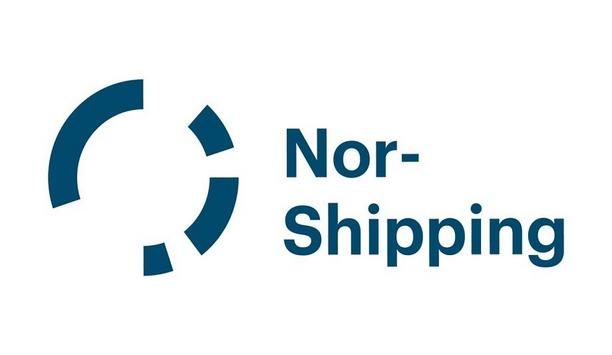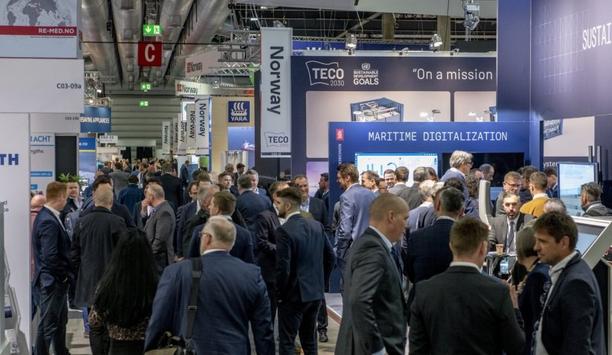The Director-General of the Nigerian Maritime Administration and Safety Agency, NIMASA, Dr. Bashir Jamoh OFR, said policies of the current administration at the Agency are tailored to complement efforts of the Nigerian Content Development and Monitoring Board (NCDMB) to grow the Nigerian economy through the Oil and Gas sector.
The NIMASA DG, who was represented by the Agency’s Director of Cabotage Services, Mrs. Rita Uruakpa at the 2023 Nigerian Oil and Gas Opportunity Fair (NOGOF) in Yenagoa, Bayelsa State urged stakeholders to consider a change of trade terms in the Oil and Gas sector from the Free on Board (FOB) to the Cost, Insurance and Freight (CIF) model.
Business and investment environment
According to Dr. Jamoh, the efforts of the NCDMB at helping in the development of the indigenous maritime sector had not gone unnoticed stating that, “We appreciate the efforts of the Nigerian Content Development and Monitoring Board at growing the indigenous maritime sector, such as the proposed Brass Shipyard. We at NIMASA will continue to strive for the development of our maritime sector by pursuing policies that will ensure the indigenous capacity is grown, which in turn will impact on our fleet expansion to position them to be able to participate in the affreightment of the products.”
We at NIMASA will continue to strive for the development of our maritime sector"
Speaking on opportunities for indigenous businesses in maritime, he had this to say, “I want to reiterate that we must also create a suitable and sustainable business and investment environment that will afford indigenous operators’ opportunities to participate in the oil & gas industry with a view to accelerating Nigeria’s income for the Oil Industry which in turn will impact our GDP.”
Worrisome security challenges
On his part, Mr. Simbi Wabote Executive Secretary NCDMB, charged firms operating in the sector to prepare themselves adequately, restating that the oil and gas industry is highly technical and does not compromise safety and standards.
In his words, “If someone gives you projects, he intends to execute in the next two years; Nigerian companies, having listened to the opportunities, should go back and continue to build their capacities in readiness to actively participate.” He also challenged relevant agencies to address the worrisome security challenges, particularly oil theft in the Niger Delta, as this would enable the production of hydrocarbons at reasonable costs and profitability.











